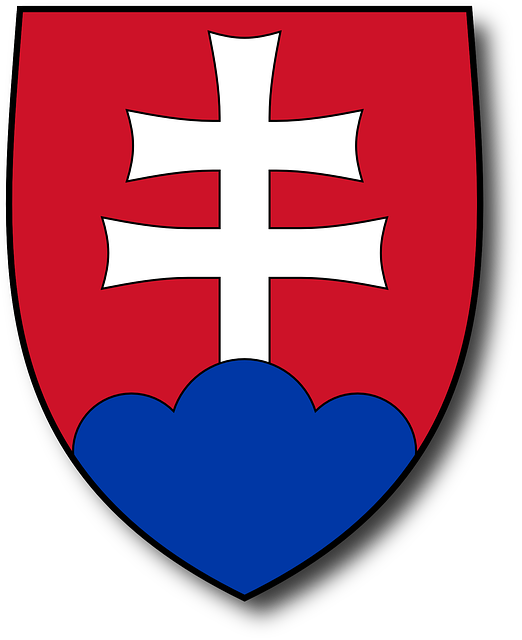03/12/2021
In its December plenary meeting, ERGA assessed its activities in 2021 and laid the groundwork for further successful collaboration in the coming year.
On 2 December, ERGA members met for the group’s main annual meeting to take stock of the last year. Due to the COVID-19 pandemic, the meeting took place virtually. Nevertheless, the European media regulators were able to share and discuss numerous results and achievements of their work.
In view of the rapidly increasing number of violations against human dignity and the protection of minors online as well as the continuing threat of disinformation, it is more important than ever to deal with such issues quickly, emphasized Dr Tobias Schmid, chair of ERGA, at the beginning of the meeting. In the past year, ERGA has succeeded in making great strides in cross-border enforcement and effective cooperation in such cases. For example, ERGA’s Memorandum of Understanding helped to improve the cooperation among regulators in the first year following its adoption. Recent best practice exchange on the use of artificial intelligence in supervision media regulation further illustrates this development. “ERGA is in a position to meet the threats that await our society in the online world, entirely in the spirit of the European Union. Being united in diversity is the declared goal of the EU and this is what European media regulators are fulfilling together”, said Dr Tobias Schmid.
Looking ahead to the coming year, ERGA members also discussed the announced European Media Freedom Act (EMFA). In his keynote speech addressing ERGA, the Commissioner for the Internal Market, Thierry Breton said: “The point of departure for the Media Freedom Act will be the EU internal market for media. We will aim to protect its integrity and independence. In doing so, we want to boost media pluralism and improve the resilience of the sector as a whole. We want to strengthen transparent and independent media markets across the EU and tackle regulatory fragmentation.”
The right tools and measures are a prerequisite for the successful continuation of ERGA’s work. To support the work of media regulators, ERGA’s subgroups deliberated on a number of important topics in 2021, such as the consistent implementation of the Audiovisual Media Services Directive (AVMSD) on video-sharing platforms and vloggers, the economic impact of the COVID-19 pandemic on the media sector as well as media literacy. The final reports of all working groups were presented and adopted during the plenary meeting.
In addition, ERGA contributed its views to a number of current EU legislative initiatives over the course of 2021. The group contributed actively to the discussion on the Digital Services Act (DSA) and its proposed supervisory structure. ERGA also contributed to the public consultation on transparency in political advertising. Against this background, regulators welcomed the recently adopted Commission proposal a proposal on transparency and targeting of political advertising.
One of the most important tasks of the European media regulators is to protect the democratic order and to safeguard media freedom and pluralism. This is also reflected in the work of the past year and the position and presented recommendations adopted by ERGA on the new Code of Practice on Disinformation. As recent monitoring by ERGA of the efforts of online platforms to combat disinformation around the COVID-19 pandemic demonstrated, the importance of effective measures against disinformation is more important than ever before.
Within its work programme for 2022, ERGA will continue its regulatory work and accompany EU-level discussions, in particular on, the future European Media Freedom Act, the DSA as well as on disinformation. ERGA subgroups will also continue the work on the implementation of the AVMSD. AGCOM (Italy) will lead the work of the subgroup “Consistent implementation and enforcement of the AVMSD framework”, Arcom (France) the work of the subgroup “Completion of the EU regulatory framework for media”, and CBR (Slovakia) that of the subgroup “Countering disinformation and strengthening democracy in the digital environment”. RRTV (Czech Republic) will lead an Action Group assessing the implementation of the ERGA Memorandum of Understanding.
During the plenary, the current ERGA Vice-Chair Karim Ibourki, President of the CSA (Belgium) was voted as ERGA Chair for 2022. He will be taking over the office from the current Chair, Tobias Schmid (DLM, Germany) whose successful two-year term as a Chair comes to a close at the end of 2021. Giacomo Lasorella, President of AGCOM (Italy), was elected as the new Vice-Chair of ERGA. In addition, ERGA members voted Celene Craig (BAI, Ireland), Charlotte Ingvar-Nilsson (MPRT, Sweden) and Tobias Schmid (DLM, Germany) to be part of ERGA’s Board in the coming year.
The newly elected ERGA Chair stressed the necessity for ERGA to be heard and to safeguard citizens’ rights. “Our work will continue to focus on the protection of European citizens with a special attention to their fundamental rights, such as human dignity and privacy, and on our role in safeguarding freedom of expression. ERGA will also focus on making its voice more heard in the ongoing political discussions, thanks to the hard work done over the last years. You can count on me to continue to do so”, announced the new ERGA Chair, Karim Ibourki, in his closing speech.
About ERGA:
The European Regulators Group for Audiovisual Media Services (ERGA) consists of the national regulatory authorities in the field of audiovisual media services. ERGA advises the European Commission and facilitates cooperation between the regulatory bodies in the EU.
